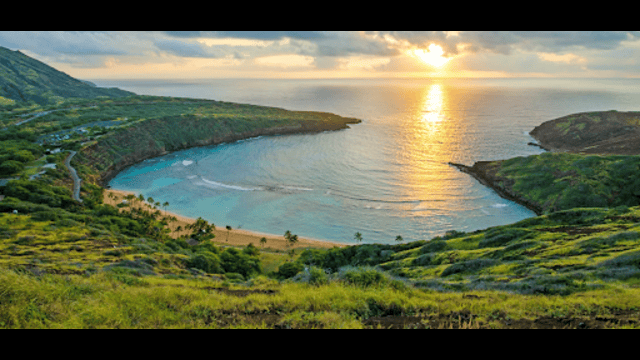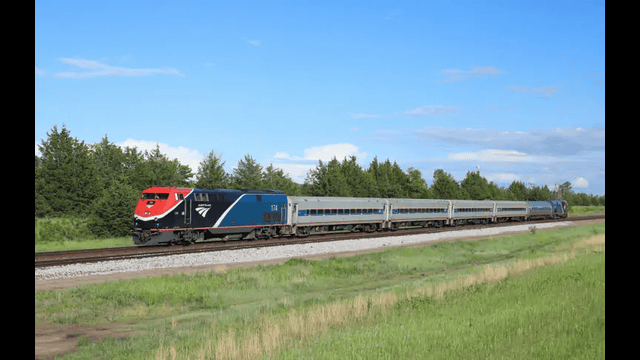
Image: Southwest Airlines Boeing 737 aircraft in flight. (Photo Credit: Adobe Stock/angeldibilio)
The Biden administration’s Department of Transportation (USDOT) has withdrawn its lawsuit against Southwest Airlines. The suit, filed in January 2025, targeted the airline for frequent flight delays. This move was confirmed on May 16 by Reuters.
Background: The Lawsuit Explained
USDOT accused Southwest of running unrealistic flight schedules for five months in 2022. These schedules allegedly led to chronic delays that disrupted many passengers’ travel plans. The Department of Justice had also joined the case.
According to USDOT rules, a flight is labeled “chronically delayed” if it is late by more than 30 minutes in at least half of its monthly departures and occurs at least ten times in that month. The lawsuit focused on two key routes: Chicago Midway to Oakland, California, and Baltimore to Cleveland.
Southwest Airlines’ Response
Southwest Airlines strongly denied wrongdoing. The airline highlighted that it has operated over 20 million flights without other violations. In 2023, Southwest introduced a compensation program worth $90 million. This program offered travel vouchers of $75 or more to passengers who faced delays of three hours or longer caused by the airline or cancellations.
The airline also stated that many delays stemmed from factors beyond its control. “The two flights at issue happened during a time when the airline industry was facing unprecedented COVID-19 challenges,” a Southwest spokesperson said.
Industry Challenges During the Pandemic
The airline industry saw massive disruptions during the COVID-19 pandemic. Staffing shortages, fluctuating travel demand, and logistical hurdles caused widespread delays. Southwest’s case reflects the ongoing struggles airlines face in maintaining reliable schedules.
Penalties for Other Airlines
While Southwest’s lawsuit was dropped, two other airlines faced penalties for chronic flight delays under the Biden administration in 2025.
Frontier Airlines received a $650,000 fine. Additionally, it must pay $325,000 now, with the rest contingent on its future flight performance. If Frontier continues to have chronically delayed flights within the next three years, it will pay the remainder of the penalty.
JetBlue Airways was fined $2 million for chronic delays. The airline has paid $1 million so far. JetBlue must also offer a minimum of $75 in vouchers to passengers affected by future delays or cancellations lasting three hours or more.
What This Means for Passengers and Airlines
The USDOT’s decision to drop the lawsuit against Southwest highlights the complexity of managing flight schedules in a post-pandemic world. It also suggests that regulators may be taking a more balanced approach, considering external factors affecting airlines.
However, penalties against Frontier and JetBlue show that chronic delays remain a serious issue. Airlines continue to face pressure to improve their operations and compensate passengers for disruptions.
Conclusion: A Shifting Landscape in Flight Delay Enforcement
The dropped lawsuit marks a significant moment in airline regulation. Southwest’s case illustrates how external challenges like the pandemic have impacted airline reliability. Meanwhile, civil penalties for other carriers signal that regulators remain vigilant about protecting passengers’ rights.
Travelers can expect airlines to continue offering compensation programs and making operational improvements. The USDOT’s actions remind carriers to maintain transparent schedules and reduce chronic delays where possible.
In short, while Southwest dodged legal penalties this time, the battle over flight delays and passenger protections is far from over. Airlines must balance operational realities with the need to serve their customers better.















